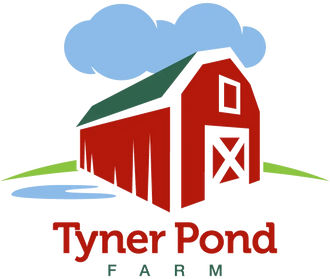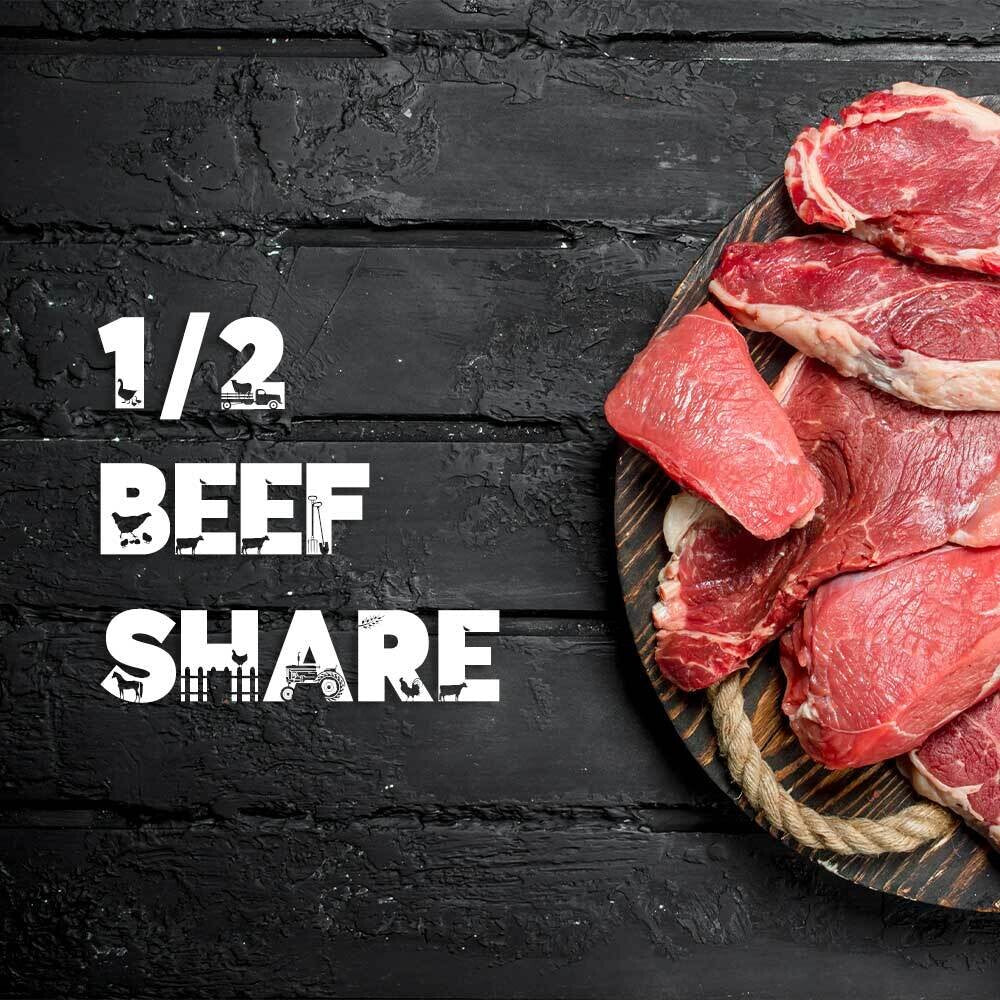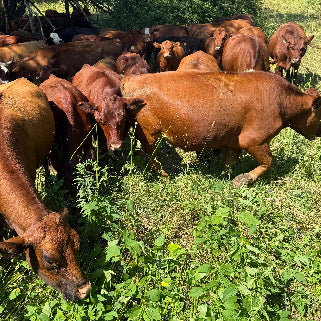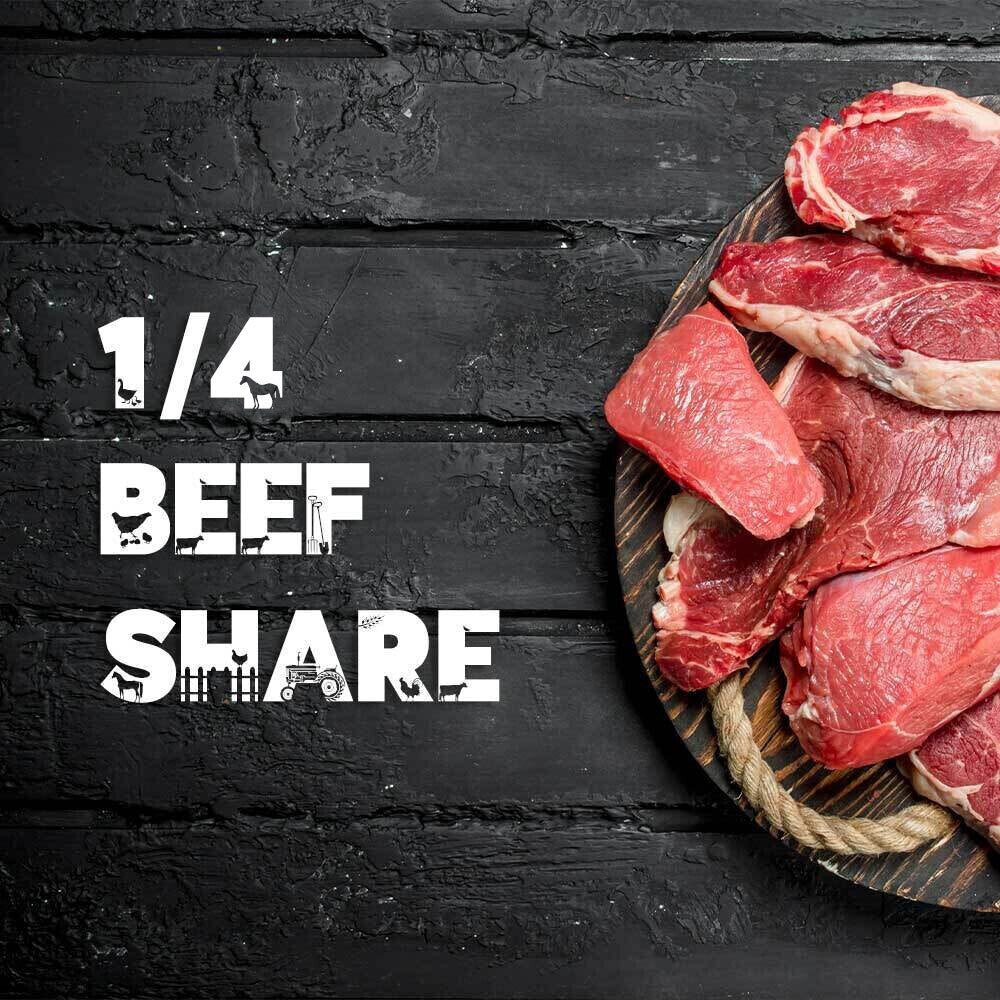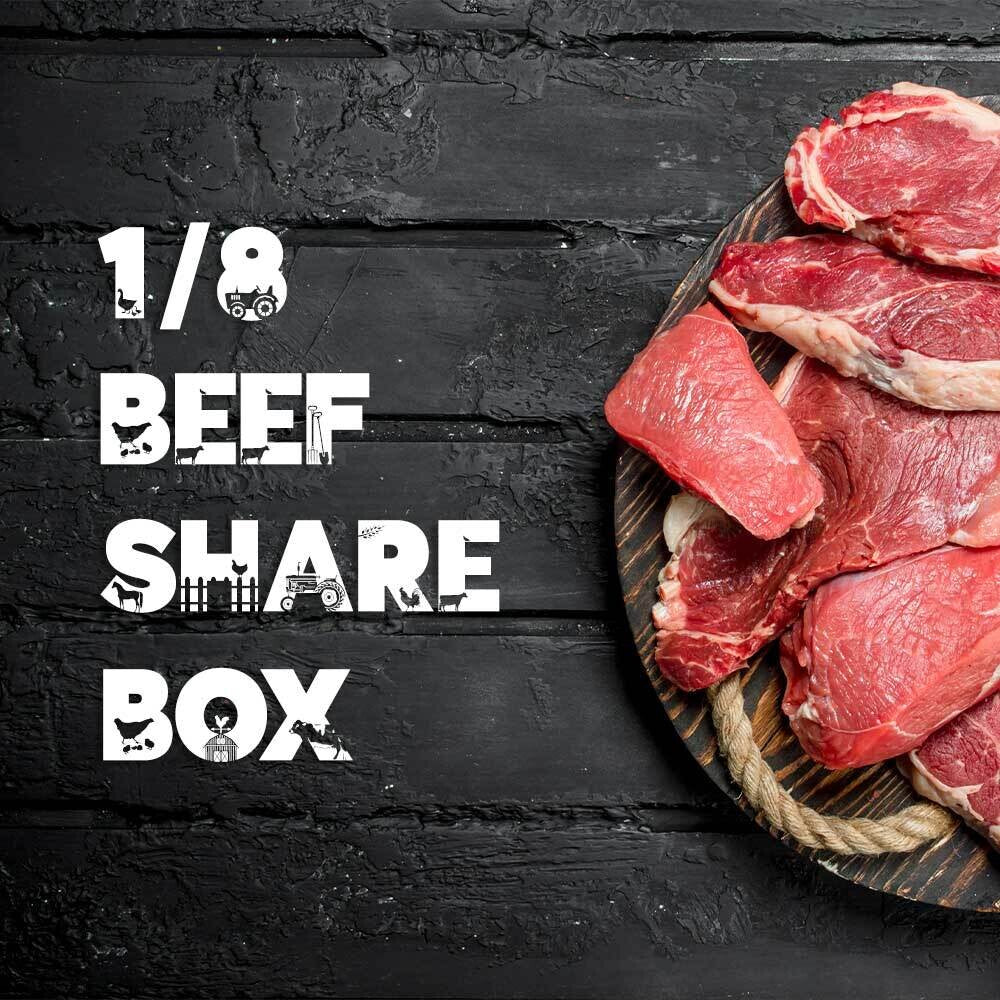
Indiana's Food Future: How Consumers Can Help Create Sustainable and Profitable Food Systems
I'm often asked what got us started with Tyner Pond Farm. There are many influences, but among them is Dr. Ken Meter and a paper he wrote about the dysfunction in U.S. Farming and using Indiana as an example.
Dr. Ken Meter is a researcher and expert on sustainable agriculture, community development, and food systems. He is the President of Crossroads Resource Center, a non-profit organization based in Minneapolis, Minnesota that conducts research, education, and technical assistance on sustainable agriculture, food systems, and community development. He has more than 40 years of experience in these areas and has published numerous research papers, articles, and reports on topics related to sustainable agriculture, community development, and food systems. Dr. Meter is well known for his work on sustainable food systems and is respected in the field for his extensive knowledge and expertise.
 Author Ken Meter and Chris Baggott
In his paper "Hoosier Farmer? Emergent Food Systems in Indiana," Ken Meter examines the current state of food systems in Indiana and the challenges faced by farmers in the state. Meter conducted a study of small and medium-sized farms in Indiana, interviewing farmers and analyzing data on their operations.
One key finding of the study is that small and medium-sized farms in Indiana are facing significant challenges in terms of profitability and sustainability. Many farmers reported low profit margins and difficulty in finding markets for their products. Additionally, a lack of access to resources and support services was identified as a major obstacle for these farmers.
Another major theme that emerged from the study is the importance of community and collaboration in the development of sustainable food systems in Indiana. Meter found that farmers who were able to work together and share resources were more successful in terms of profitability and sustainability. Additionally, the study highlights the importance of local food systems and the need for more direct connections between farmers and consumers.
Dr. Meter concludes that in order for food systems in Indiana to become more sustainable, there needs to be more support for small and medium-sized farms, including access to resources, support services, and markets. Additionally, he notes the importance of community collaboration and the development of local food systems.
The point that caught my attention was this:
Author Ken Meter and Chris Baggott
In his paper "Hoosier Farmer? Emergent Food Systems in Indiana," Ken Meter examines the current state of food systems in Indiana and the challenges faced by farmers in the state. Meter conducted a study of small and medium-sized farms in Indiana, interviewing farmers and analyzing data on their operations.
One key finding of the study is that small and medium-sized farms in Indiana are facing significant challenges in terms of profitability and sustainability. Many farmers reported low profit margins and difficulty in finding markets for their products. Additionally, a lack of access to resources and support services was identified as a major obstacle for these farmers.
Another major theme that emerged from the study is the importance of community and collaboration in the development of sustainable food systems in Indiana. Meter found that farmers who were able to work together and share resources were more successful in terms of profitability and sustainability. Additionally, the study highlights the importance of local food systems and the need for more direct connections between farmers and consumers.
Dr. Meter concludes that in order for food systems in Indiana to become more sustainable, there needs to be more support for small and medium-sized farms, including access to resources, support services, and markets. Additionally, he notes the importance of community collaboration and the development of local food systems.
The point that caught my attention was this:
His paper: "Exploring the Emergence of Food Systems in Indiana: Insights from the Hoosier Farmer Study"
 Author Ken Meter and Chris Baggott
In his paper "Hoosier Farmer? Emergent Food Systems in Indiana," Ken Meter examines the current state of food systems in Indiana and the challenges faced by farmers in the state. Meter conducted a study of small and medium-sized farms in Indiana, interviewing farmers and analyzing data on their operations.
One key finding of the study is that small and medium-sized farms in Indiana are facing significant challenges in terms of profitability and sustainability. Many farmers reported low profit margins and difficulty in finding markets for their products. Additionally, a lack of access to resources and support services was identified as a major obstacle for these farmers.
Another major theme that emerged from the study is the importance of community and collaboration in the development of sustainable food systems in Indiana. Meter found that farmers who were able to work together and share resources were more successful in terms of profitability and sustainability. Additionally, the study highlights the importance of local food systems and the need for more direct connections between farmers and consumers.
Dr. Meter concludes that in order for food systems in Indiana to become more sustainable, there needs to be more support for small and medium-sized farms, including access to resources, support services, and markets. Additionally, he notes the importance of community collaboration and the development of local food systems.
The point that caught my attention was this:
Author Ken Meter and Chris Baggott
In his paper "Hoosier Farmer? Emergent Food Systems in Indiana," Ken Meter examines the current state of food systems in Indiana and the challenges faced by farmers in the state. Meter conducted a study of small and medium-sized farms in Indiana, interviewing farmers and analyzing data on their operations.
One key finding of the study is that small and medium-sized farms in Indiana are facing significant challenges in terms of profitability and sustainability. Many farmers reported low profit margins and difficulty in finding markets for their products. Additionally, a lack of access to resources and support services was identified as a major obstacle for these farmers.
Another major theme that emerged from the study is the importance of community and collaboration in the development of sustainable food systems in Indiana. Meter found that farmers who were able to work together and share resources were more successful in terms of profitability and sustainability. Additionally, the study highlights the importance of local food systems and the need for more direct connections between farmers and consumers.
Dr. Meter concludes that in order for food systems in Indiana to become more sustainable, there needs to be more support for small and medium-sized farms, including access to resources, support services, and markets. Additionally, he notes the importance of community collaboration and the development of local food systems.
The point that caught my attention was this:
...Yet Indiana does not even feed itself, let alone feed the world. The state imports an estimated 90% of its food. More than $14.5 billion is spent by Hoosier consumers each year buying food sourced outside of the state. (including a huge proportion sourced outside the United States)Overall, this study provides valuable insights into the current state of food systems in Indiana. Although it doesn't specifically call out the consumer, without the consumer turning food dollars away from grocery stores and toward direct purchases from actual producers, more farms will fail, fewer young people will farm and our dependency to other countries to feed us will grow. It's interesting that this research was commissioned and funded by the Indiana Government back in 2012, but I am not aware of any specific actions taken by the state government based on this paper. Although the paper was a study commissioned by the government and it's findings and recommendations were presented to the government and various stakeholders, it is not known whether the government implemented any policies, programs or initiatives based on the paper's findings. In the end, it's up to us...The farmer and the consumers. We don't need the government to intervene, we just need to support each other.
Previous post
From Field to Table: How Buying Directly from Local Farms Can Improve Your Community
Next post
